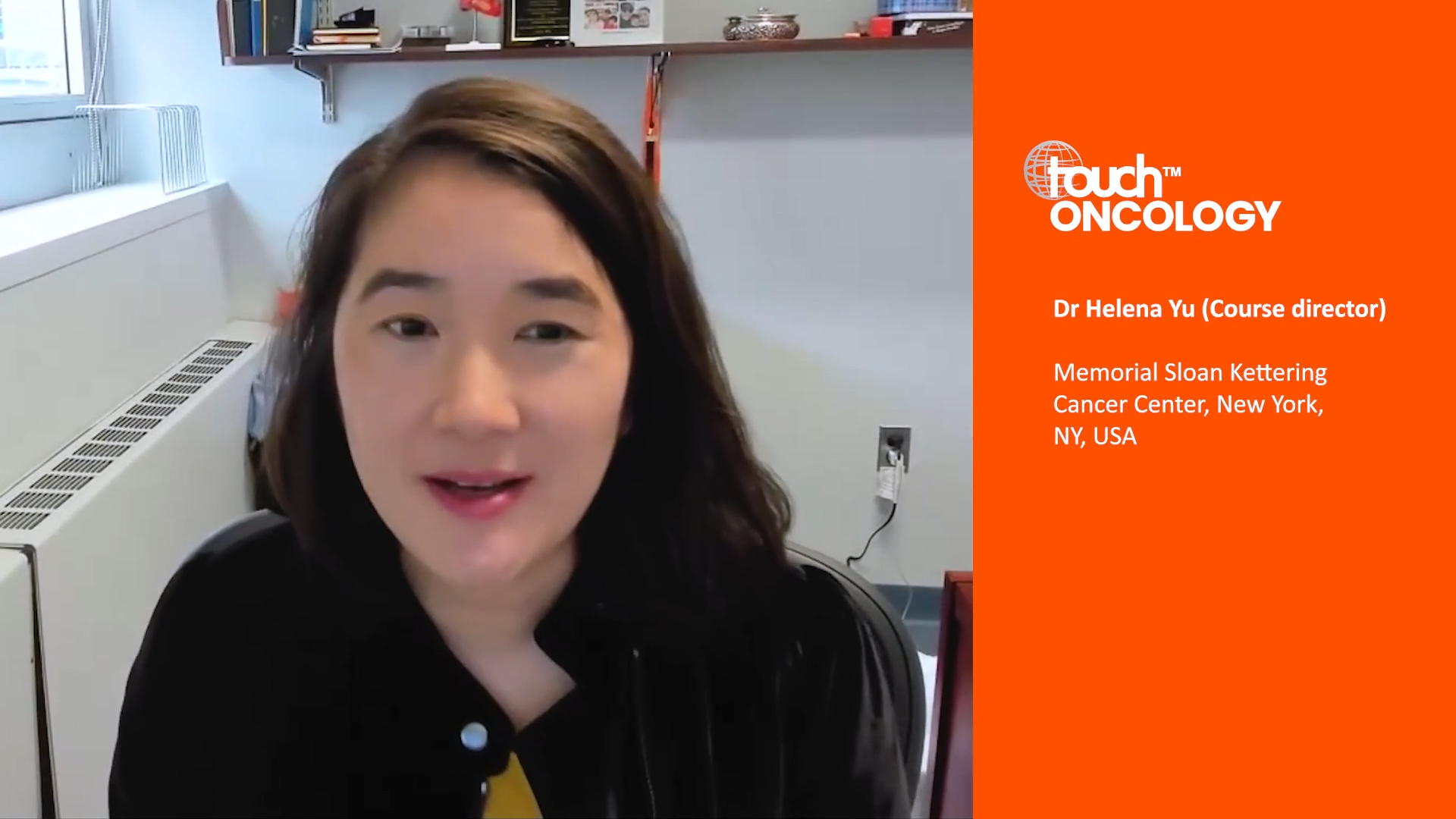
Feedback
We’d love to hear your feedback on this activity. It helps us to continually improve our products.

Faculty & Disclosures

Dr Jennifer Carlisle
Winship Cancer Institute of Emory University, Atlanta, GA, USA
Dr Jennifer Carlisle is an assistant professor of haematology and medical oncology at Winship Cancer Institute of Emory University, Atlanta, GA, USA and is board certified in internal medicine, haematology, and medical oncology. read more
Dr Carlisle received her medical degree from the University of Florida College of Medicine and completed her internal medicine residency at Washington University in St. Louis and Barnes-Jewish Hospital. She then completed her fellowship in Hematology and Medical Oncology at Emory University, where she was elected chief fellow.
Dr Carlisle’s research interests include advancing understanding of immunotherapies and developing new therapies for lung cancer. She is a member of the Discovery and Developmental Therapeutics Program and an active investigator in Emory’s Lung Cancer SPORE research grant from the National Cancer Institute.
Dr Jennifer Carlisle discloses: Advisory board or panel fees from Amgen, Novocure and Sanofi. Grants/research support from Amgen, AstraZeneca, Chipscreen Biosciences, Daiichi Sankyo, Hutchmed (relationship terminated) and Parexel (relationship terminated).











